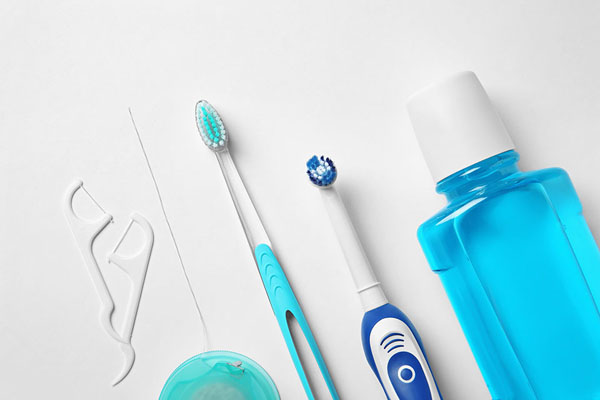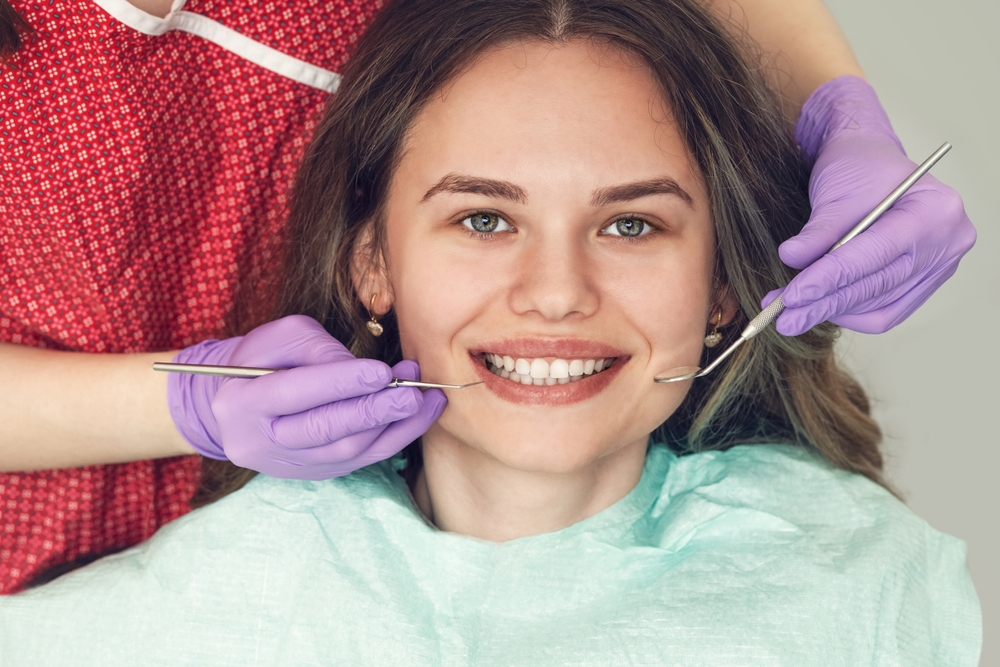Traditional Orthodontic Treatment and Jaw Pain Connection
Madison Dental Care in Madison understands jaw pain can be a frustrating and often debilitating experience. Many people who have undergone orthodontic treatment with braces may wonder if their dental work is contributing to their discomfort.
Explore the relationship between braces and temporomandibular joint (TMJ) disorder, a common condition that can cause significant jaw pain and discomfort. Call (256) 801-0776 to learn more.
What is TMJ Disorder?
TMJ disorder, or TMD, occurs when there is a problem with the temporomandibular joint, which connects your jaw to your skull. This joint is responsible for a wide range of movements, including chewing, talking, and yawning. When the joint becomes misaligned, inflamed, or damaged, it can lead to a variety of symptoms, including:
- Jaw pain: This can range from mild discomfort to severe pain that makes it difficult to open or close your mouth.
- Jaw clicking or popping: You may hear or feel a clicking or popping sound when you open or close your mouth.
- Limited jaw movement: You may have difficulty opening your mouth wide or moving your jaw from side to side.
- Facial pain: Pain may also be felt in the face, neck, or shoulders.
- Headaches: Frequent headaches can be a symptom of TMJ disorder.
The Link Between Braces and TMJ Disorder
While braces can be an effective way to straighten teeth and improve your smile, they can also contribute to TMJ disorder in some cases. Here's how:
- Increased bite pressure: Braces can increase the pressure on your teeth and jaw, which can put stress on the TMJ.
- Changes in jaw alignment: Braces can gradually change the alignment of your jaw, which can sometimes lead to TMJ problems.
- Grinding or clenching teeth: Some people may be more prone to grinding or clenching their teeth during orthodontic treatment, which can contribute to TMJ disorder.
It's important to note that not everyone who wears braces will develop TMJ disorder. However, if you're experiencing jaw pain or other symptoms, talk to your orthodontist and dentist. They can help determine if your braces contribute to the problem and recommend appropriate treatment.
Treatment Options for TMJ Disorder
If you're diagnosed with TMJ disorder, your dentist or orthodontist may recommend a combination of treatments to manage your symptoms. These may include:
- Lifestyle changes: Making changes to your diet, posture, and stress management techniques can help reduce the strain on your TMJ.
- Medication: Over-the-counter pain relievers or prescription medications may be used to manage pain and inflammation.
- Physical therapy: A physical therapist can teach you exercises and stretches to help improve jaw mobility and reduce pain.
- Splint or nightguard: A custom-made splint or nightguard can help protect your teeth and reduce stress on the TMJ.
- Orthodontic adjustments: In some cases, adjustments to your braces may be necessary to alleviate pressure on the TMJ.
If you're concerned about the potential for TMJ disorder during orthodontic treatment, talk to Dr. Terry Burgess about your concerns by calling (256) 801-0776. They can help you weigh the benefits and risks of braces and recommend the best course of action for your situation.
Don’t Live with Jaw Pain: Contact Our Practice Today
While braces can be a valuable tool in achieving a beautiful smile, it's important to be aware of the potential risks and complications, including TMJ disorder. By understanding the factors that can contribute to this condition and working closely with your orthodontist and dentist, you can minimize the likelihood of experiencing jaw pain or other discomfort.
If you're experiencing jaw pain or other symptoms associated with TMJ disorder, don't hesitate to seek professional help. Madison Dental Care in Madison is committed to providing comprehensive care for patients with TMJ-related issues. Our experienced team can help you identify the root cause of your discomfort and develop a personalized treatment plan to address your needs.



 As you adjust your skincare and wardrobe for the cooler weather, don't forget to update your oral hygiene routine:
As you adjust your skincare and wardrobe for the cooler weather, don't forget to update your oral hygiene routine:

